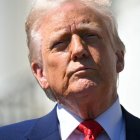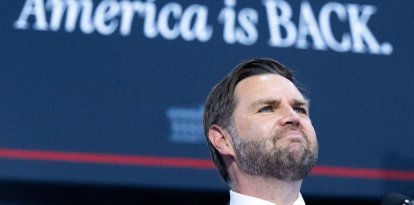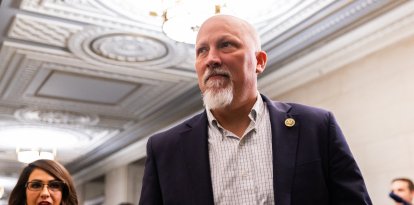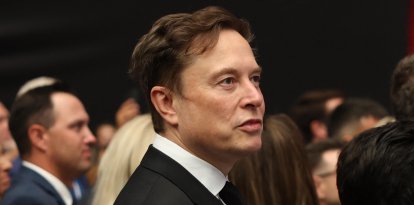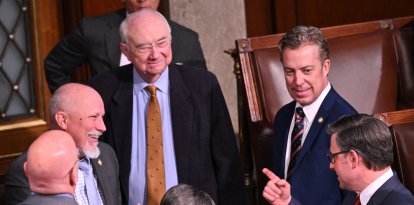Trump promises to lower taxes with revenue generated by tariffs
During his statement, the president compared the current situation with that of the United States before 1913, when the country was financed almost exclusively by tariffs.
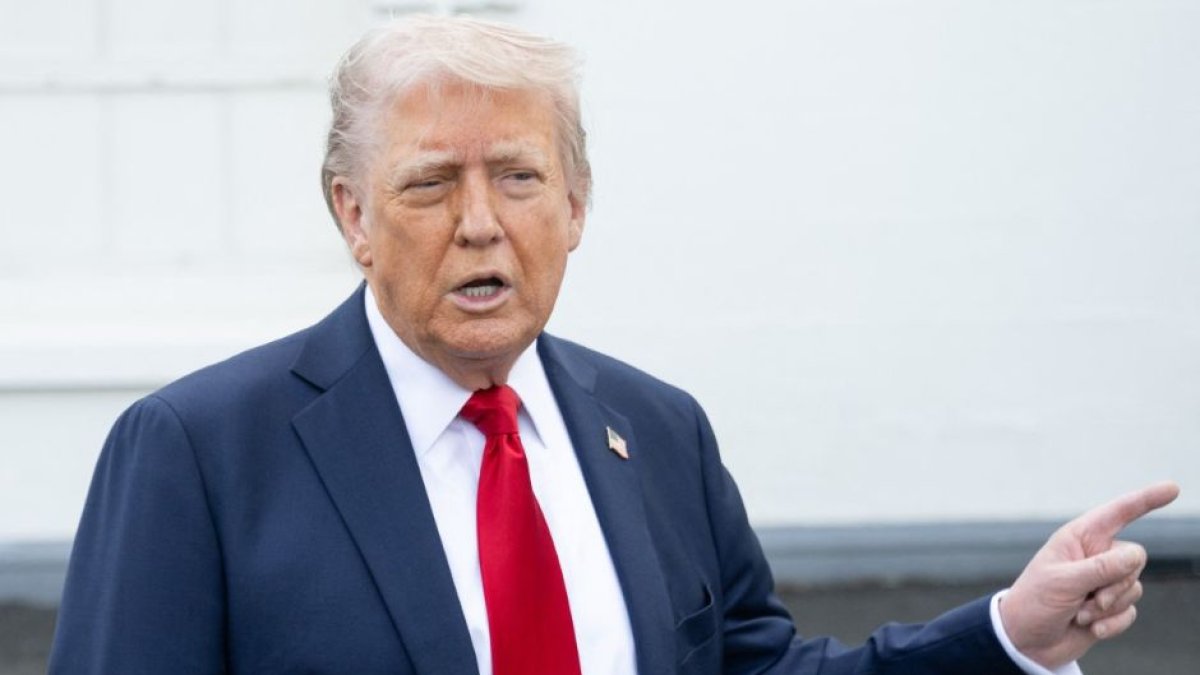
U.S. President Donald Trump
On Wednesday, President Donald Trump assured that his administration will substantially reduce taxes for Americans, backed by revenue generated by tariffs on imported goods. The announcement was made in recent statements from the White House, where the president highlighted the role of tariffs as a key tool to strengthen the public finances.
Trump appeals to the pre-income tax model
During his statement, the president compared the current situation with that of the United States before 1913, when the country was financed almost exclusively by tariffs. As he recalled, at that time, the United States had "so much money, they didn't know how to spend it." His reference points to the years leading up to the Revenue Act of 1913, which reduced tariffs and introduced a new tax system: the establishment of the income tax and a 1% corporate tax.
Trump suggested that, as then, today the country could sustain its public finances without relying so much on direct taxes on citizens, as long as it maintains a strong trade policy that favors collection through tariffs.
Tariff revenue already exceeds USD $21 billion
Since the new trade measures went into effect on January 20, 2025, the government has already collected more than $21 billion in tariffs, according to Customs and Border Protection (CBP) data cited by CNBC. For the Trump administration, this figure shows that tariffs not only correct imbalances in international trade but also serve as a direct source of revenue for the State.





